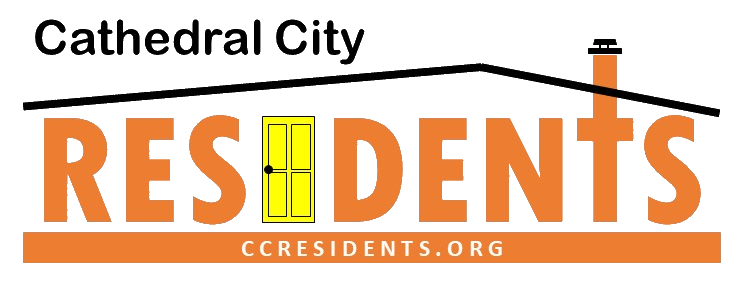STVR FAQ
Short Term Vacation Rentals (STVRs) – Frequent Questions
What is a Short Term Vacation Rental?
Short Term Vacation Rental, or STVR, refers to a rental of a property or room in a property for less than 31 days.
What is Homesharing?
This refers to someone who, while living at a property, rents out a room or casita for a period less than 30 days. The key is that the whole home is NOT rented out, and the home owner is there to supervise the renters.
What is the Short Term Vacation Rental (STVR) Ordinance?
Our elected city council unanimously passed a new ordinance and rules controlling who can operate STVRs, and where.
The ordinance SUPPORTS the STVR business model in appropriate areas of our city; currently well over 100 STVR rentals can continue to operate in HOA communities. They are ONLY excluded from our main residential areas.
Does the ordinance BAN STVRs?
NO – absolutely not. STVRs are both allowed and ENCOURAGED in many locations – just not in our main residential areas. Those areas will be protected for the safety, peace and enjoyment of our local full-time residents.
What was the petition, and why did it say the city was banning STVRs?
Any mention of banning STVRs was a lie – and the petition organizers knew that. It was created by a group of mostly out-of-town property speculators that wanted to overturn Ordiance 842. Read more about the petition HERE
Who was behind the petition?
An organization called ILCC opposes ordinance 842 and related regulations on STVRs. They claim to be ‘local’ – but none of their spokespeople live in our city. In fact, as of 2020, 76% of the owners of STVR businesses in the our city do not live here. Some of them don’t even live in California. Others may have changed their ‘primary residence’ to Cathedral City addresses, so that they can vote here – but they are not truly locals. They filed a petition to overturn the ordinance. More on the petition HERE.
Who collected signatures?
We know from talking with signature gatherers that they were being paid $15 a signature. That means they had an incentive to mislead or misdirect local voters into signing. We heard that some straight out lied to get signatures; others gave misleading information. This isn’t about protecting YOU – it’s about allowing (mostly) out of town and out of state business people to go on running businesses that disrupt the lives of locals.
What happened at the March 2020 election?
The petition collected sufficient signatures under California law to force the City Council to call a special election. That election, held on March 2, 2020, is estimated to have cost in excess of $160,000 – money the tax payers of our city had to provide. The outcome was a resounding rejection of the ILCC position. 63% of voters elected to KEEP ordinance 842 and make it law.
What was the background to this issue?
After years of complaints, the city council studied evidence from STVR business owners and local voters. That study took over a year, including reports from a task force, and numerous public meetings. And finally, after weighing everything, the city council – our elected officials – decided on a compromise:
- Allow STVRs in ANY zone where an HOA or CC&Rs permitted them
- Allow ANY owner anywhere in the city to let a room in the house they live in normally
- Restrict STVR licenses in the main residential neighborhoods (mostly R1/R2)
But big business doesn’t like that. They want free reign in our city to build their businesses everywhere, and they were willing to bully their way to get that. That’s why they organized the referendum, AND threatened law suits against our city and the county of Riverside.
Who financed this effort?
We don’t know for sure – the ILCC hasn’t published their funding sources. But we do know that in Palm Springs, when similar tactics were used there, the organization representing out of town businesses received hundreds of thousands of dollars from large corporations, like Airbnb, Expedia, and others. That wasn’t a local effort. We also know from election finance reports that Airbnb both provided services to the NO campaign, along with at least one contribution in excess of $70,000. Final reports from the NO campaign may reveal other contributions. (You can search online for their final statements).
Is the ordinance now in force?
Yes, following certification of the election results by Riverside county on March 18, 2020, the City Manager ordered the enforcement of the provisions of ordinance 842 and all related regulations. A team of code enforcement officers has been hired to enable this effort. All STVRs in non-HOA areas must stop trading by January 1, 2023. They may decide to convert to longer-term rentals, move into the properties as first or second homes, or sell.
